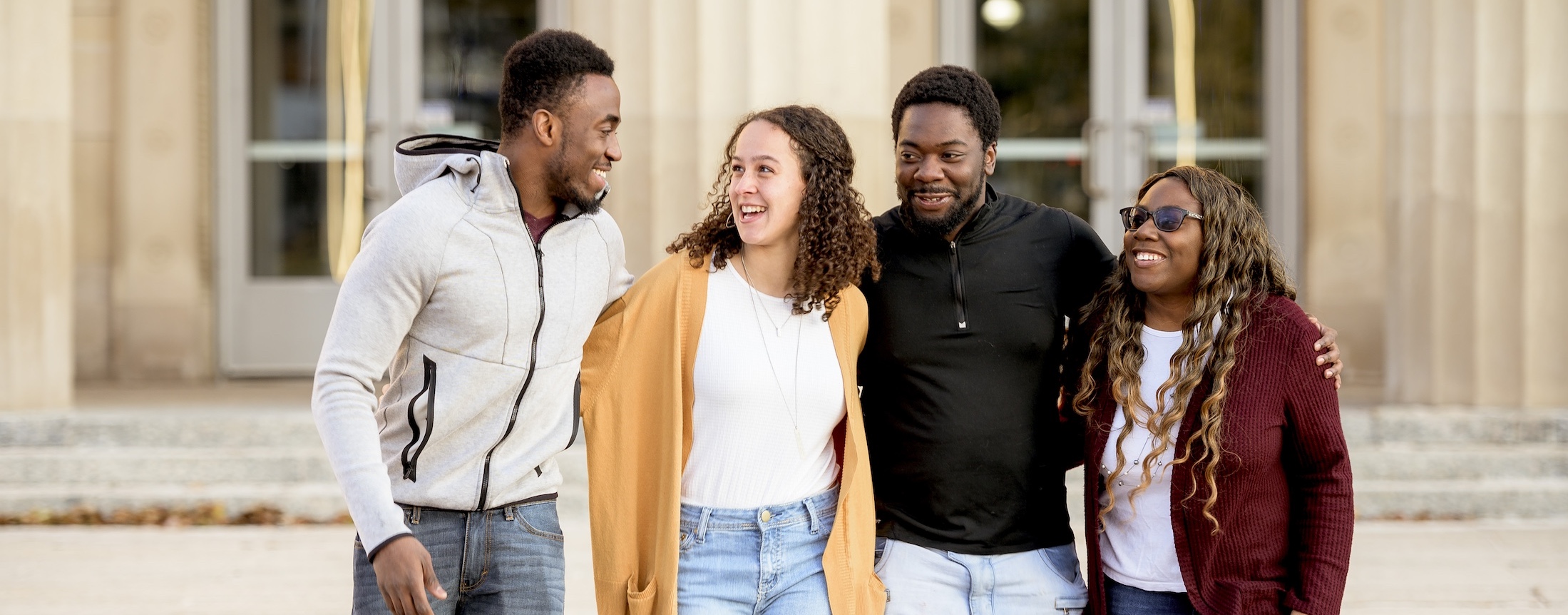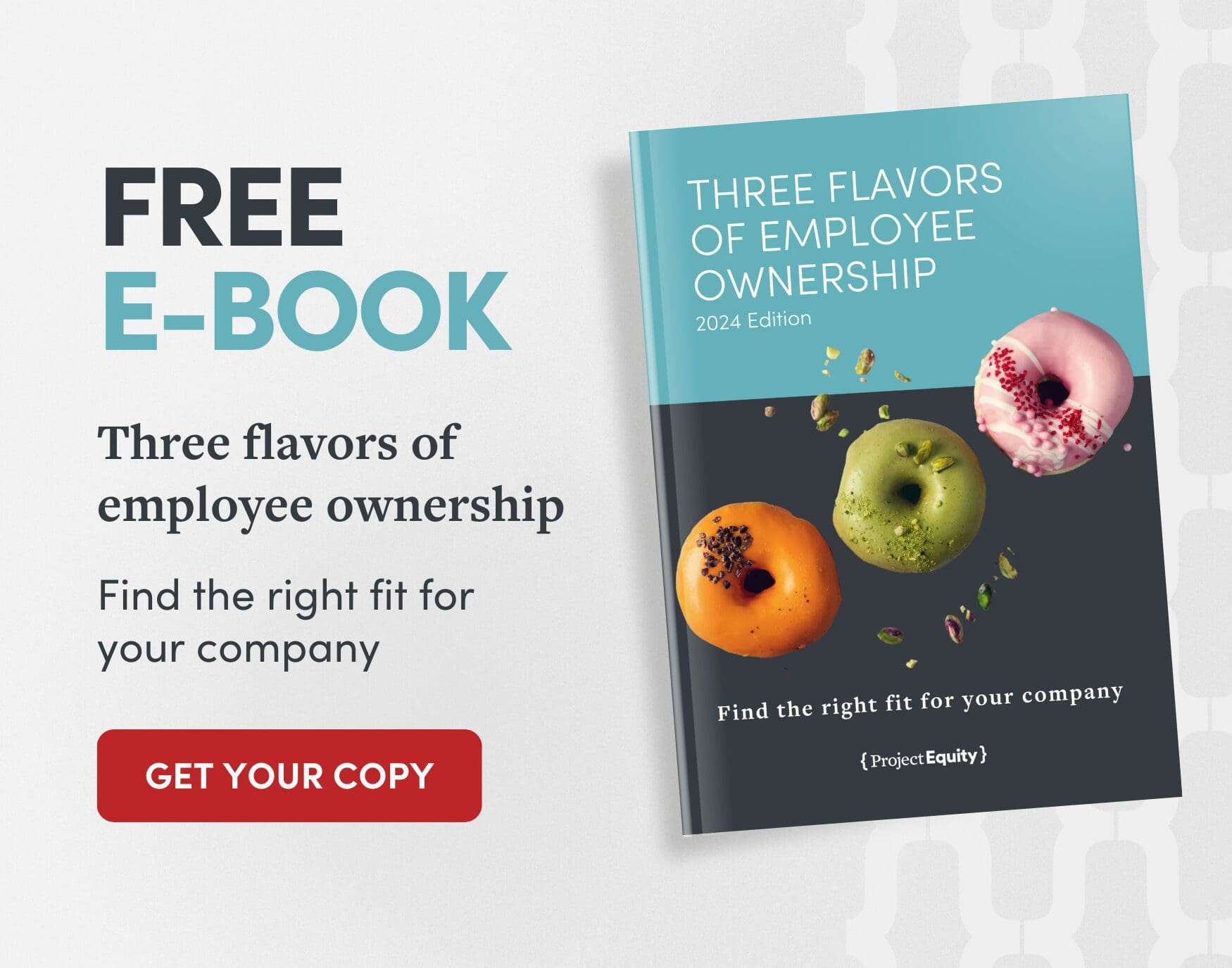Building Black Wealth through EO: A New Research Collaboration with Morehouse and UC Riverside
- Tyler Rivera
Broad-based employee ownership (EO) has emerged as a transformative strategy to boost incomes and build wealth for working people, including low- and moderate-income workers and workers of color. But as EO gains momentum across the country, questions remain about its specific impacts on Black communities: To what degree are Black workers currently benefiting from EO? What barriers do Black business owners and owners of businesses with substantial Black workforces face in transitioning to EO? And what policy solutions are needed to unlock the full potential of EO for Black communities? Addressing these gaps in our understanding is at the heart of our latest collaborative research effort.
Led by Project Equity in partnership with scholars from Morehouse College and the University of California, Riverside, the “Increasing Black Income and Wealth through Employee Ownership” project aims to identity policy levers to advance EO as a powerful intergenerational wealth-building strategy for Black communities and a tool to narrow the racial wealth gap. With generous financial support from the Policies for Action program and the WorkRise Network, each of the three project partners has a unique role in moving this collaborative effort forward:
- Understanding the Impact: Dr. Robynn Cox from the University of California, Riverside will use longitudinal data from the Bureau of Labor Statistics to examine the job quality and wealth building benefits of EO, focusing on the consistency and sustainability of ESOP (Employee Stock Ownership Plan) benefits for Black workers.
- Identifying Targeted Strategies: Dr. Cynthia Hewitt and Dr. Taura Taylor from Morehouse College will engage directly with Atlanta business owners, employees, and worker-owners through surveys and in-depth interviews to identify perceptions of and barriers to EO and shed light on strategies that may help catalyze the growth of EO within Black communities.
- Crafting Policy Recommendations: Hilary Abell (Co-founder and Chief Policy & Impact Officer) and Tyler Rivera (Manager, Policy & Impact) from Project Equity will leverage findings from both research components to develop a range of policy recommendations aimed at fostering the creation of more employee-owned businesses in Black communities, informed by best practices from the public and private sectors.
Five leaders in employee ownership, economic mobility, racial equity and public policy have joined our Expert Advisory Board to support the development of actionable, scalable EO policy recommendations. This board will be an essential partner to the research team, focusing on translating research outcomes into policy solutions, reviewing and providing feedback on findings and deliverables and infusing the research with key insights from their respective areas of expertise. The Expert Advisory Board members include:
- Aaliyah Nedd, Director of Government Relations at the National Cooperative Business Association (NCBA CLUSA)
- Alex Camardelle, Vice President of Policy & Research at the Atlanta Wealth Building Initiative
- Anna Shipp, Principal Policy Associate in the Research to Action Lab at the Urban Institute
- Valerie Wilson, Director of the Economic Policy Institute’s Program on Race, Ethnicity, and the Economy
- JP Julien, Partner at MicKinsey & Company
This collaborative effort builds on Project Equity’s ongoing partnership with Morehouse College, which has already yielded two groundbreaking reports on using EO to close the racial wealth gap and strategies to advance Black employee ownership, as well as our Black Employee Ownership Initiative, focused on strengthening and tailoring Project Equity’s programs to better reach Black workers and business owners.
The project kicked off in early 2024 and will continue through the summer of 2025, when we anticipate releasing a final report with our joint research findings and policy recommendations. We look forward to sharing updates as we delve deeper into this critical research.


